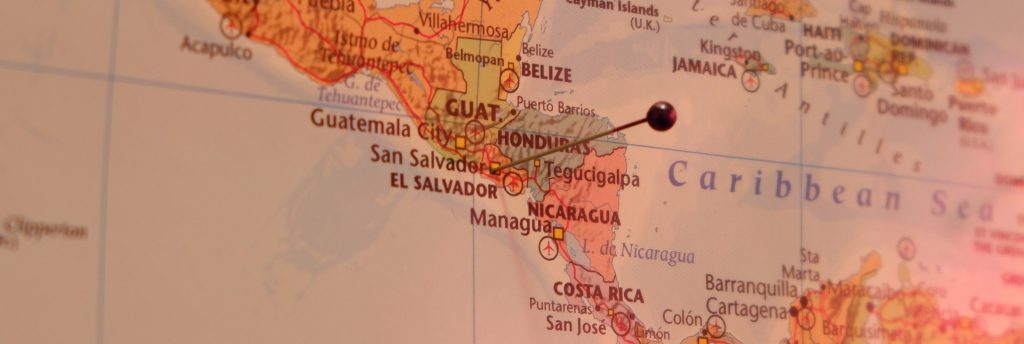
In El Salvador, people can use bitcoin to buy houses — or most anything that’s sold in the streets, shops, and malls. President Nayib Bukele’s quest to make bitcoin the nation’s legal tender means it’s gradually being phased into the economy through a suite of incentives.
The plan is bold. For a nation tethered to the U.S. dollar and U.S. economic planning, the bitcoin quest is freeing. But the value of bitcoin dropped from around 69K in November 2021 to around 19K a few months later. No surprise, then, that Nayib Bukele — quite popular on other scores — has received plenty of criticism over bitcoin.
The Pros and Cons So Far
First, the pros. The bitcoin plan gives El Salvador a high-tech, forward-thinking vibe. The concept is environmentally interesting, too, with its goal of powering miners with a volcano’s natural energy.
And it’s been a way for the country to share wealth with the people. Notably, most of El Salvador’s people do not have bank accounts. Bukele’s government committed $200 million to equip everyone with the Chivo wallet app. Anyone loading the app on a smartphone gets $30 worth of bitcoin for free. Most people do have smartphones, and most signed up.
For some Salvadoreans, bitcoin adoption means financial opportunities beyond bank accounts. For others, it’s a gateway to a growing tech sector and a financial future at home, rather than abroad.
Then there’s the other side of the coin. Since late 2021, the country has bought up 2,301 bitcoins, at the cost of nearly $104 million. And by the summer of 2022, according to CoinDesk, El Salvador’s bitcoin had lost 55% of its worth.
Critics also point to the less-than-impressive influx of tech businesses to El Salvador. They say the move has made El Salvador’s economy even more vulnerable than it used to be. Indeed, the country is cash-strapped and having trouble funding its infrastructure. The government will soon have an $800 million debt payment to make. Losing more than $60 million in bitcoin doesn’t help.
It’s a high-profile setback for Bukele, who has planned to produce the first-ever government bitcoin bond. The bond would represent El Salvador’s financial independence from the International Monetary Fund.
Bukele remains committed. El Salvador purchased 80 more bitcoin for around $19K per coin at the end of June 2022.
Will Other Nations Follow Suit?
So far, it’s happened in the Central African Republic (CAR). Opening bank accounts is expensive there, and most people are excluded from the financial system. So, President Faustin-Archange Touadéra has decided to make the bitcoin-based Sango legal for use throughout the country.
The Central African Republic is one of the most economically challenged nations in the world — which is surely one reason its leader wants to take this chance. And like El Salvador, CAR is focusing on improving technology, connectivity, and internet access for an entire population, inspired by the goal of making bitcoin work. In 2023, after CAR gets its own people online, it will offer internet technology to Cameroon, the BBC has reported.
Before adopting bitcoin this year, CAR ran on a financial system linked to France and the euro. So the African nation is looking to bitcoin as a path to financial independence — also like El Salvador.
Bitcoin and all blockchain-based assets are still thought to be in their early stages. So it’s too early to call these experiments mistaken. As we go to press, bitcoin’s price is nearly $23,000 — up significantly from its lows. Assuming the upward trajectory holds, could it lift many people from poverty to financial freedom? If so, these two countries will be deemed trendsetters.
Supporting References
Anatoly Kurmanaev for the New York Times: A Poor Country Made Bitcoin a National Currency. The Bet Isn’t Paying Off (Jul. 5, 2022).
Andrés Engler for CoinDesk (Digital Currency Group): Business – El Salvador Purchases 80 Additional Bitcoin at $19K, President Bukele Says (updated Jul. 1, 2022).
Joe Tidy for BBC News: Bitcoin: Will El Salvador’s Big Crypto Gamble Pay Off? (Jun. 16, 2022).
Rachel Savage for Reuters.com: Central African Republic President: Crypto Is Key to Financial Inclusion (Jul. 3, 2022).
And as linked.
Photo credit: Ryan, via Pexels.
